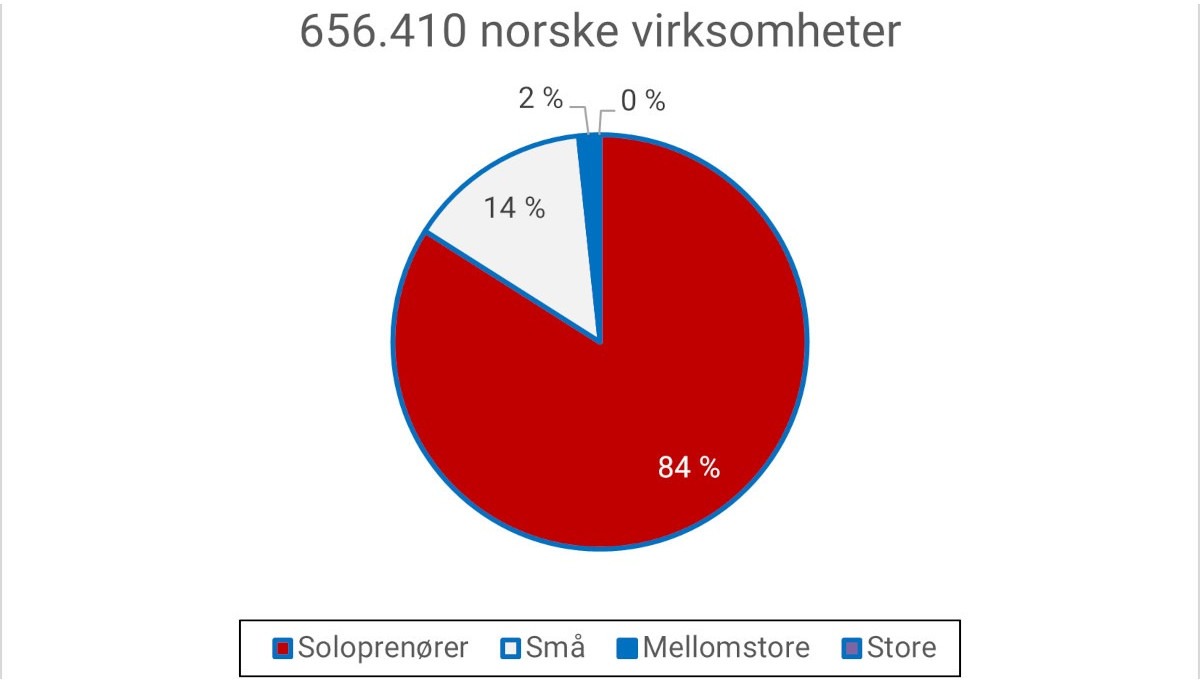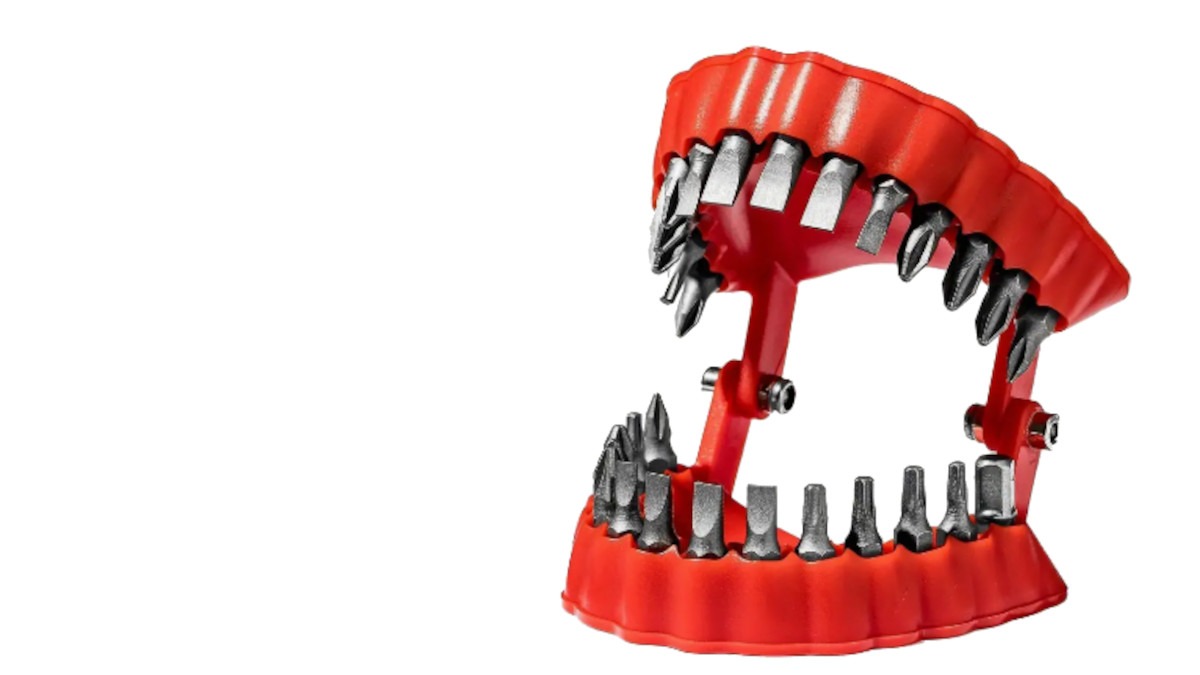Norway’s pioneering 2003 legislation demanding that listed companies’ executive boards be made up of at least 40 percent women has made female executives more prosperous. And that’s about it.
In a radical move, Norway became the first country in the world to require that a minimum number of board seats in public limited companies be filled by women. At that time, only 9 percent of board directors were female. The mandate attracted global attention and has inspired other countries to adopt similar measures. It seemed a natural fit for Norway, where the prime minister and finance minister are both female and where women lead two of the important economic actors: the Confederation of Norwegian Business and Industry and the Norwegian Confederation of Trade Unions.
In the 12 years since the legislation was enacted, researchers all over the world have studied Norway’s corporate climate in order to analyze the effects the legislation has had. Recently, the U.S. National Bureau of Economic Research concluded that one of the effects of the law is more and better-paid female executives. But the report found no significant effect on the number of female managers below the executive level.
Surprisingly, other research indicates that companies that have adopted the 40 percent rule have seen negative effects, including lower market value and profitability, slower adaptation to changing market conditions, and even a tendency to favor more men in midlevel leadership positions. A series of global studies suggest that greater female representation in senior management results in fewer female midlevel managers. It turns out that when women recruit, they hire more men and fewer women.
Furthermore, researchers have uncovered negative effects of gender quotas on the bottom line. Marius Apland Johansen and Marius Javier Sandnes showed in 2008 that Norwegian companies that had introduced gender quotas saw a decrease of just under 2 percent in their valuation. Similarly, Kenneth Ahern and Amy K. Dittmar’s 2012 article in the Quarterly Journal of Economics showed that Norwegian companies adhering to the quota experienced an immediate sharp drop in stock value followed by a large decrease in Tobin’s Q Ratio—a measure of whether market value is consistent with the real value of the company. They suggested that the quota led to younger and less experienced boards, increases in debt and acquisitions, and deterioration in operating performance. Affected firms undertook fewer workforce reductions than other companies, increasing relative labor costs and employment levels and reducing short-term profits.
Norway’s law hasn’t had a gender-leveling effect on non-board salaries either. While women’s pay has risen, men’s wages have risen even more. Wage inequality is as wide as before—and in top-level positions, it is actually wider.
It may seem puzzling that these legal measures have had so little positive effect. The premise the law builds on is that diversity is profitable. And it usually is. Why not here?
At HR Norge, we believe that it’s a matter of culture, logistics and process for change. When strategies are forced upon the corporate world by lawmakers, culture deeply rooted in traditions opposes change. An additional time lag might have occurred due to the fact that the executive talent pipeline was not fully prepared for such a topdown approach.
Nevertheless, companies that voluntarily promote diversity generally are much more profitable than their less diversified competitors. McKinsey’s study of 180 listed companies in France, Great Britain, Germany and the United States during 2008-2010 focused on two groups that are easy to identify as indicators of diversity—the proportion of women and the proportion of foreign nationals among top leaders in the company. McKinsey found what it referred to as “strikingly consistent findings”: Companies in the top quartile of board diversity had a 53 percent higher return on equity capital than those in the bottom fourth. Profit on earnings (before interest and tax) was 14 percent higher.
Perplexing questions remain. Intuition and experience should predict the positive effects of more women in senior management, but one research report after the other shows that the hard facts can’t justify the assumption. For diversity enthusiasts, this may be a bit discouraging. But don’t panic.
In “The Next Super Model,” The Economist’s fall 2013 special report about Nordic countries, Nordic success was shown to be valuedriven—in other words, based on “soft” factors. Our direct experience also shows that a deliberate diversity strategy can have a dramatically positive impact. Quotas just don’t seem to be the way to maximize the benefits of a diverse workforce.

Paal Leveraas was at the time of writing this a writer/journalist and senior advisor for communications at HR Norge, the Norwegian HR association.
This article was written for and published in the March 2015 issue of the WorldLink newsletter from European Association for People Management (EAPM).












0 Comments